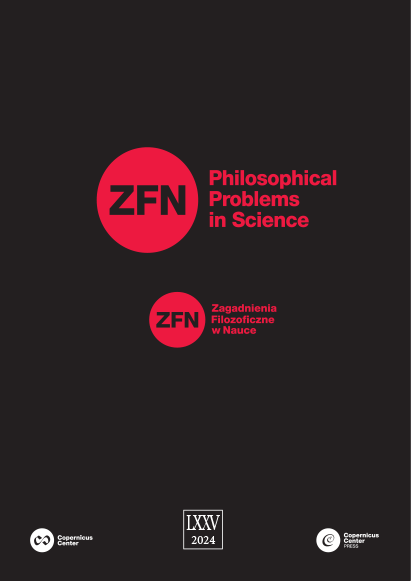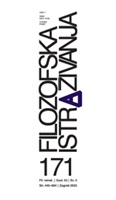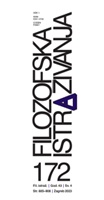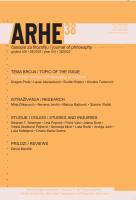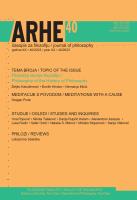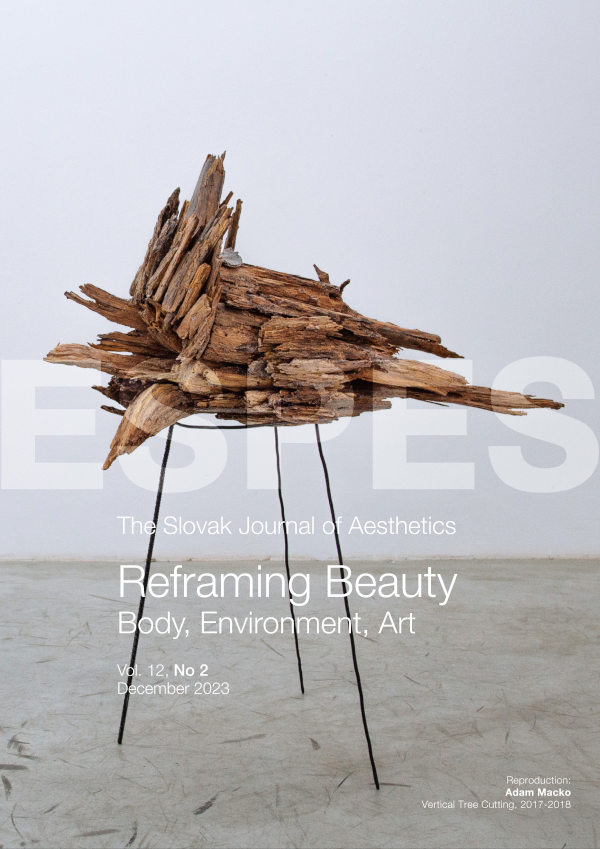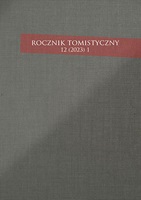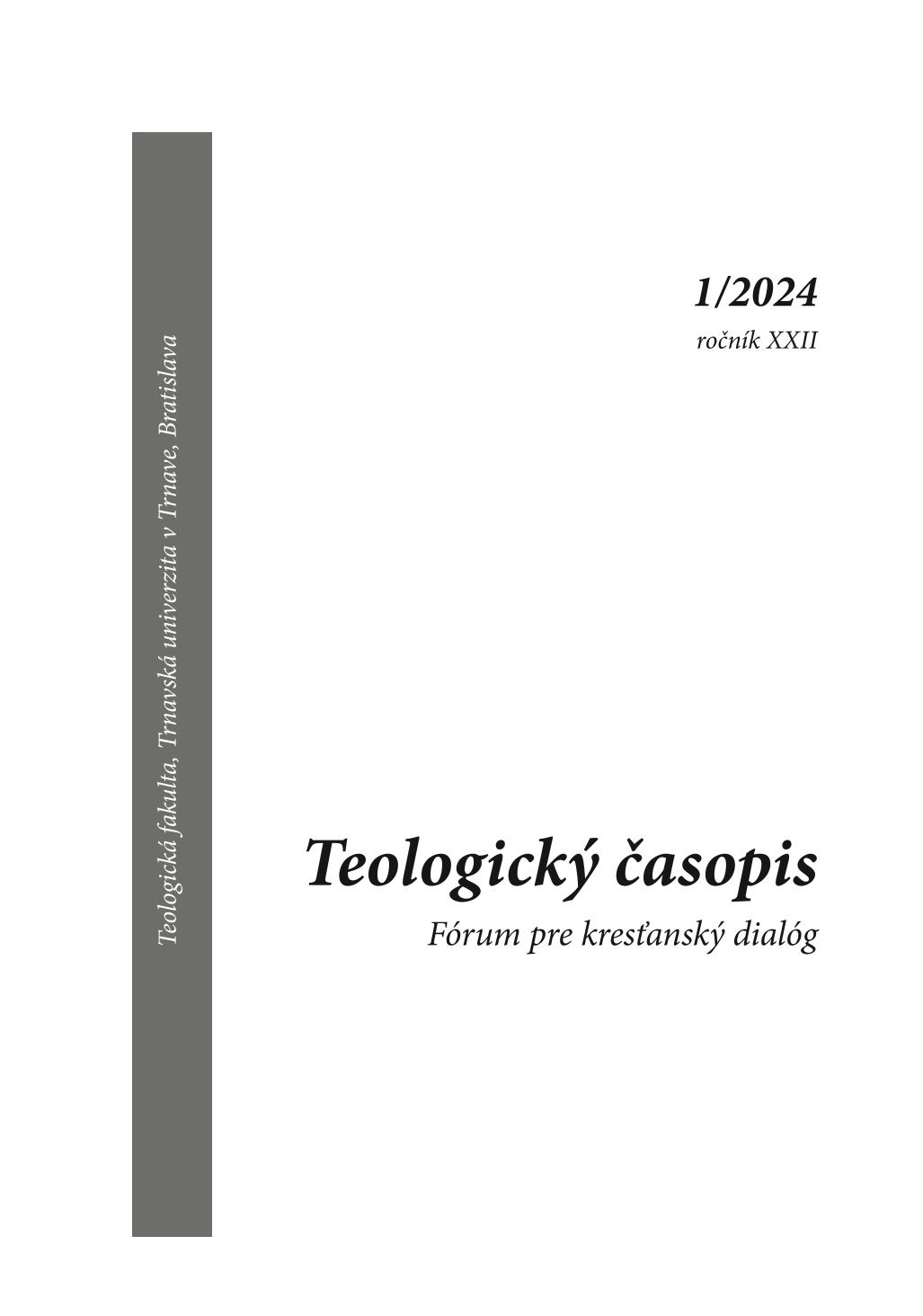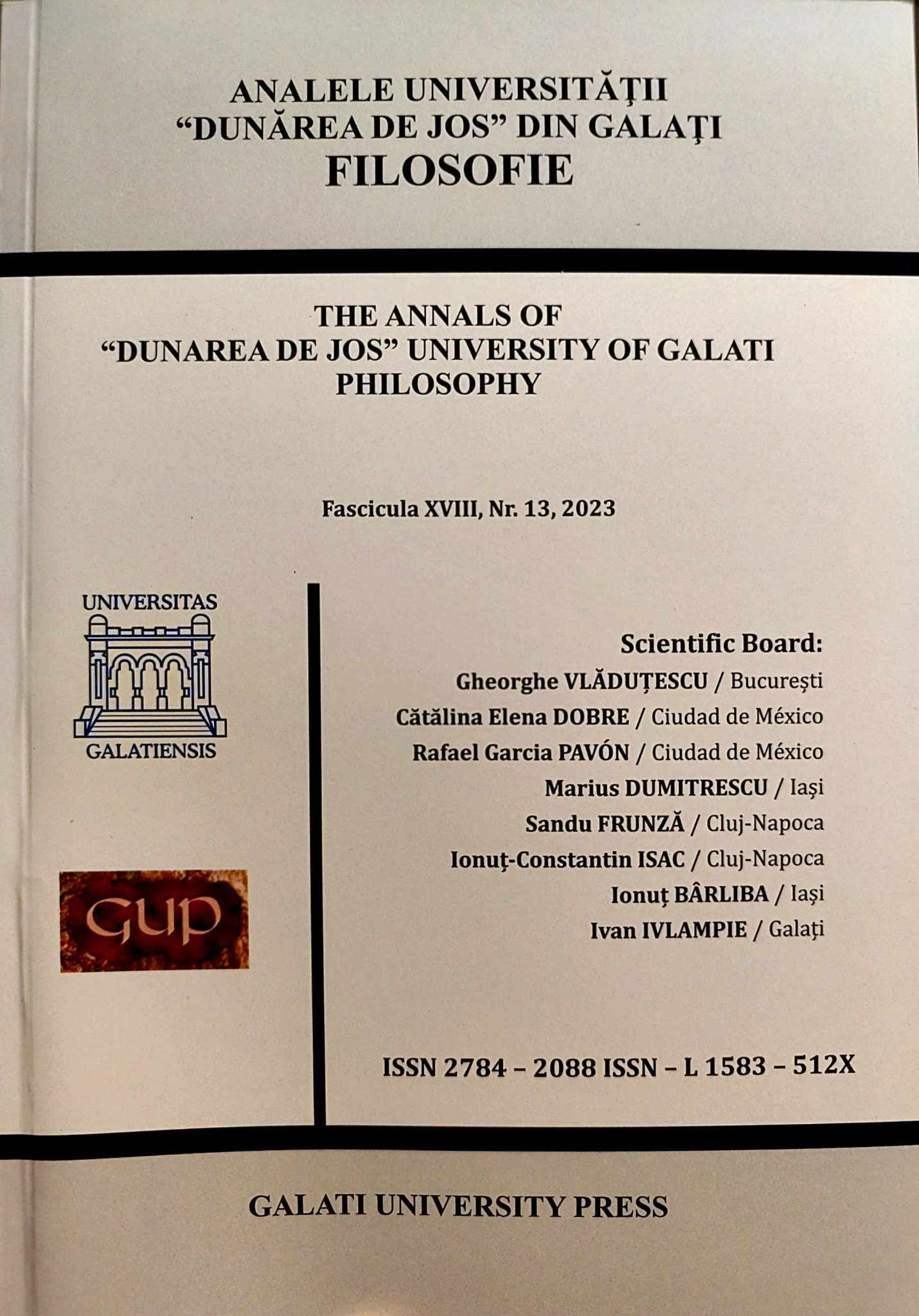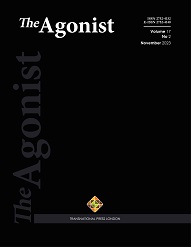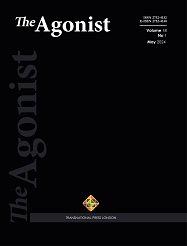Author(s): Vesna R. Stanković Pejnović / Language(s): Croatian
Issue: 04/172/2023
Technocracy is the economic and social control of the community and individuals that is noticeable in both the East and the West. The technetronic era involves the gradual appearance of a more controlled and directed society. Such a society would be dominated by an elite whose claim to political power would rest on allegedly superior scientific know-how. Technocrats have never cared about political ideology, but rather only about the best and most efficient solutions to problems. Science is to be admired because it gives us power over nature, and the power comes wholly from technique. Technology becomes more biological, while biology becomes more technological. In the pandemic, biosurveillance contains abstract forms of the panopticon, as a category of power with a disciplinary function aimed at imposing certain behavior and exploiting the power of human capital, which includes the biopolitical body on the one hand, in Foucault’s perspective, and social control, as seen by Gilles Deleuze, on the other. In biosurveillance capitalism, corporate capital brings together controlled, dispersive, comprehensive, and ubiquitous networked power. Biosurveillance of individuals is not only carried out through ideologies but also through consciousness – both in and over the body in the spectacle of fear and media programming, through all aspects of social life. The article proves that technocracy has possessed every aspect of biosurveillance in society because it has gained instrumental power that tends to instrumentalize behavior, modification, prediction, and control. Through biosurveillance, technocracy tends to create obedient subjects and dominate the private sphere by domains of public interest. Technocracy has controlled the sovereign power that demands obedience, the disciplinary power that demands submission, and the regulative power that demands obedience and submission to the health of the class through an organized system of psychological intervention and legislative norms.
More...
